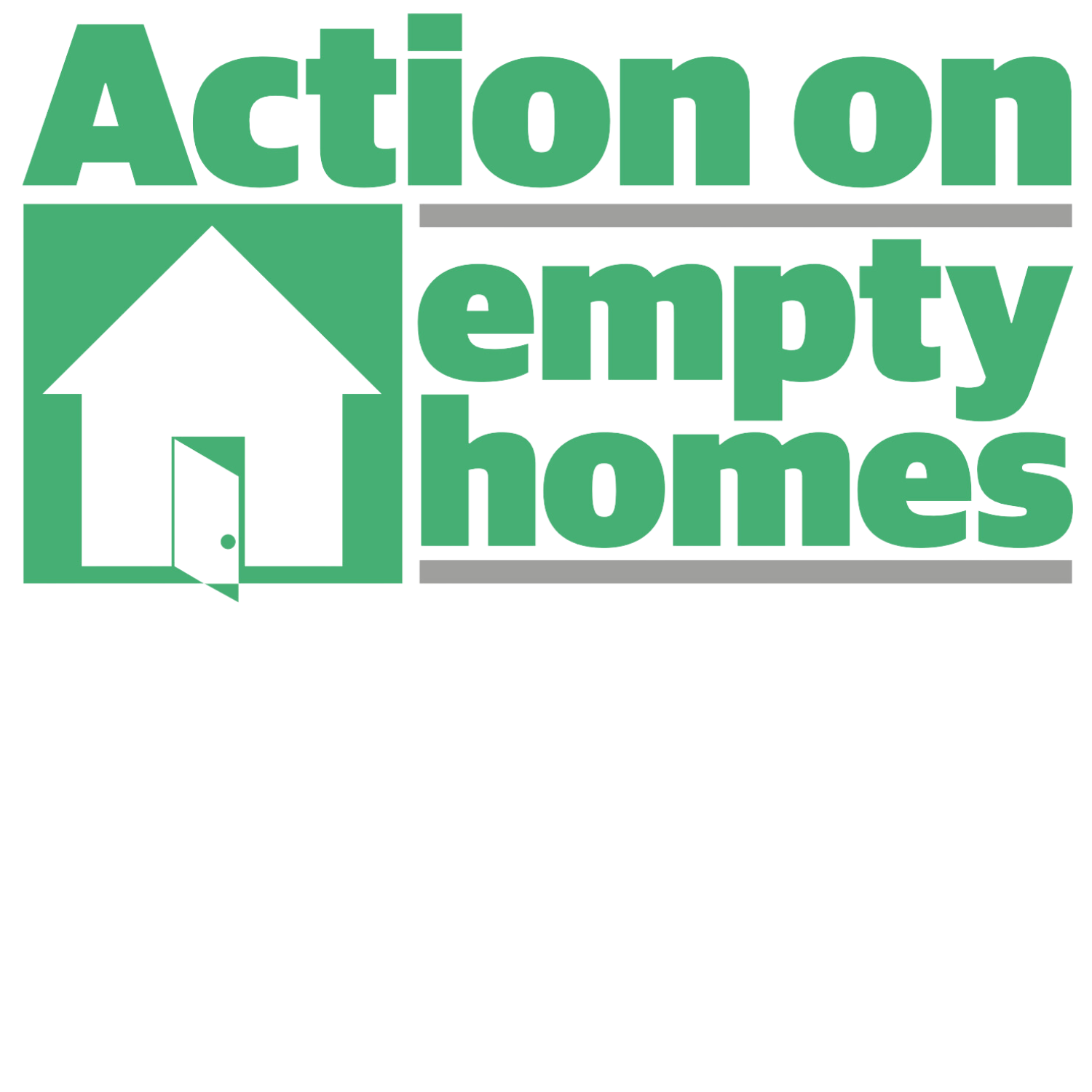Retrofit Empty Homes Action Partnerships
Over the past two years, thanks to funding from Esmée Fairbairn Foundation, AEH has been piloting Retrofit Empty Homes Action Partnerships (REHAPs). These are community-based partnerships, working together to retrofit empty homes as they are renovated.
Our Retrofit Empty Homes Action Partnerships (REHAP) work highlights the key processes communities must navigate to unlock empty homes through retrofitting at scale and at speed.
Retrofitting empty homes is a crucial piece of the transition to net-zero. It is also a proactive strategy for addressing fuel poverty and the cost of living crisis, as improved residential energy efficiency means lower energy bills.
Moreover, the spillover effects of community-led retrofitting are innumerable, ranging from job creation in emerging green industries, to sustainable regional supply chain development, to upskilling in local economies. Retrofit has the potential to make the transition to net-zero a catalyst for empowering communities to take action on what matters most to them.
REHAPs fight the climate and cost of living crises, build capacity in communities, and bring new life into the UK's empty housing.
Whinny Gill Road, SKIPTON
We are pleased to report the first REHAP retrofitted empty homes has been recently completed in Skipton, North Yorkshire. The property in Whinny Gill Road is a mid-terrace Laing Easiform (type 2) system build house. The walls are made from two sheets of pre-cast concrete held by metal ties across a small cavity. Poorly insulated, these homes are typically considered hard to heat and can be a challenge to retrofit. The home in Whinny Gill had been empty for a number of years and was in very poor condition. Holes in the roof and broken windows had allowed considerable internal damage from wind and rain.
The Whinny Gill house required extensive renovation to make it habitable again. Retrofitting was integrated into this process. There is now an array of solar panels to provide electricity directly into the home. As a compact property, a careful redesign of the internal space created space for energy storage and improved air circulation. The windows and doors were replaced and external wall insultation applied to the front and rear. An air-source heat pump provides the central heating. The property’s performance and energy use will be monitored going forward. It was in too poor condition to undertake a full energy efficiency assessment before the works.
NYC has been working with the AEH to ensure local people have been able to access training in new retrofit skills, including providing work experience for college students. Building skills is important locally, regionally and nationally to support the decarbonisation of existing homes. Communities have benefitted from learning about retrofitting homes and the potential energy savings. Local contractors have been used where possible to support the rural economy. To support a viable new business model for sheep farmers, sheep’s wool insulation has been used throughout the property.
Whinny Gill is one of three empty homes in the Craven district REHAP pilot. There is another house in Horton-in-Ribblesdale and one in High Bentham. The ‘before’ energy performance of both these properties was assessed by partners from Leeds Beckett University, and they will be tested again and monitored once works are complete. Renovation and retrofit of these homes is currently in progress providing valuable business for local contractors and suppliers and onsite training in retrofit skills.




